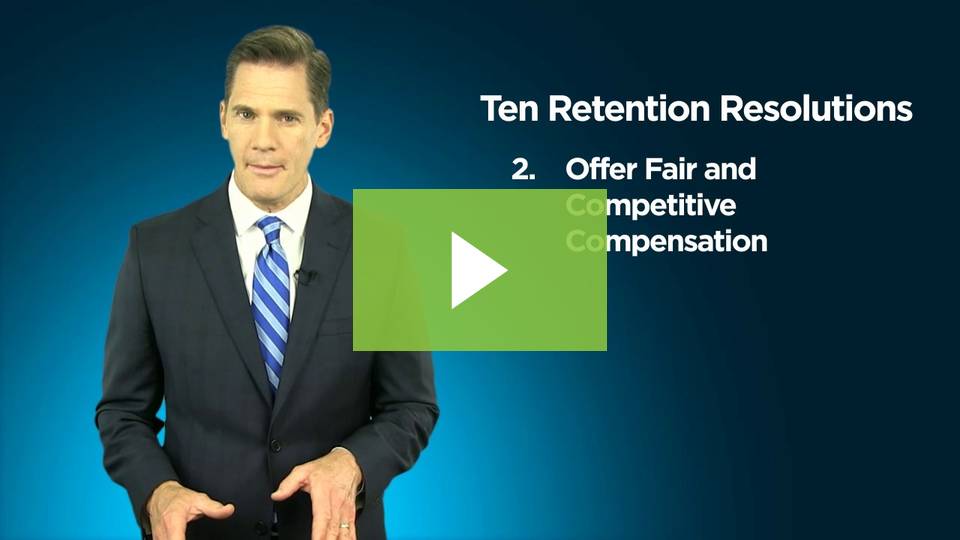January 2019 Monthly Newsletter
Health FSA Limit to Increase in 2019
 The ACA imposes a dollar limit on employees’ salary reduction contributions to health flexible spending arrangements (health FSAs) offered under cafeteria plans. This dollar limit is indexed for cost-of-living adjustments and may be increased each year.
The ACA imposes a dollar limit on employees’ salary reduction contributions to health flexible spending arrangements (health FSAs) offered under cafeteria plans. This dollar limit is indexed for cost-of-living adjustments and may be increased each year.
New Limit Amount
In November 2018, the IRS increased the health FSA contribution limit from $2,650 to $2,700 for taxable years beginning in 2019. This increase reflects the steady contribution limit increase from the past few years.
Next Steps
Employers should ensure that their health FSA will not allow employees to make pre-tax contributions in excess of $2,700 for 2019, and they should communicate the 2019 limit to their employees as part of the open enrollment process.
Gen Z is Coming: Are You Prepared?
 Soon, Generation Z—those born between 1996 and 2010—will be entering the workforce. Is your company somewhere they can thrive? Is it somewhere they would even want to work?
Soon, Generation Z—those born between 1996 and 2010—will be entering the workforce. Is your company somewhere they can thrive? Is it somewhere they would even want to work?
If you want to attract this budding workforce, you need to understand Gen Zers’ motivations. For instance, Gen Zers have never known a life without technology. This means if your business still touts outdated tech, Gen Zers likely won’t give you a second thought. Consider areas where your company’s tech falls short and brainstorm how you can improve. Getting new hardware may be sufficient, but another option is hiring a tech expert to conduct an audit and make suggestions. (Hint: This might be a good job for a Gen Zer.)
Beyond prizing their tech, Gen Zers also value their company’s culture. Like their millennial predecessors, Gen Zers want vibrant, collaborative spaces—think bright colors, open workspaces, and natural light. However, Gen Zers also identify as scrappier than millennials. They have a “self-made” attitude and value healthy competition. With that in mind, your workplace and culture should accommodate some isolated spaces for Gen Zers to hunker down and get things done.
Pay or Play Enforcement: What You Need to Know
 In late 2018, the IRS began issuing enforcement letters to employers with generally 50 or more full-time or full-time equivalent employees regarding their compliance with the employer shared responsibility rules under the Affordable Care Act (ACA) for the 2016 calendar year. These letters, known as Letter 226-J, inform employers of their potential liability for an employer shared responsibility penalty, if any, for 2016.
In late 2018, the IRS began issuing enforcement letters to employers with generally 50 or more full-time or full-time equivalent employees regarding their compliance with the employer shared responsibility rules under the Affordable Care Act (ACA) for the 2016 calendar year. These letters, known as Letter 226-J, inform employers of their potential liability for an employer shared responsibility penalty, if any, for 2016.
Who Will Receive These Letters
These letters are only sent to employers subject to the employer shared responsibility rules, known as applicable large employers (ALEs). ALEs generally have 50 or more full-time or full-time equivalent employees. The determination of whether an ALE may be liable for a penalty, and the amount of the proposed penalty in Letter 226-J, are based on information from Forms 1094-C and 1095-C filed by the ALE and the individual income tax returns filed by the ALE’s employees.
Next Steps for Those Who Receive a Letter
ALEs must respond to Letter 226-J—either agreeing with the proposed employer shared responsibility penalty or disagreeing with part or all of the proposed amount—before any employer shared responsibility liability is assessed and notice and demand for payment is made. The response is due by the response date shown on Letter 226-J, which is generally 30 days from the date of the letter.
Letter 226-J provides instructions for how the ALE should respond in writing, as well as the name and contact information of a specific IRS employee that the ALE should contact if the ALE has questions about the letter.
10 Employee Retention Resolutions for 2019
With a new year upon us, your attention is likely focused on setting financial and productivity goals for your business. As you plan, make sure to look at one area you may have overlooked: employee retention. Employee retention has a huge impact on your bottom line, and now is a great time to make some employee retention resolutions that will pay off all year long. Watch the video below to learn 10 key employee retention resolutions for 2019.

